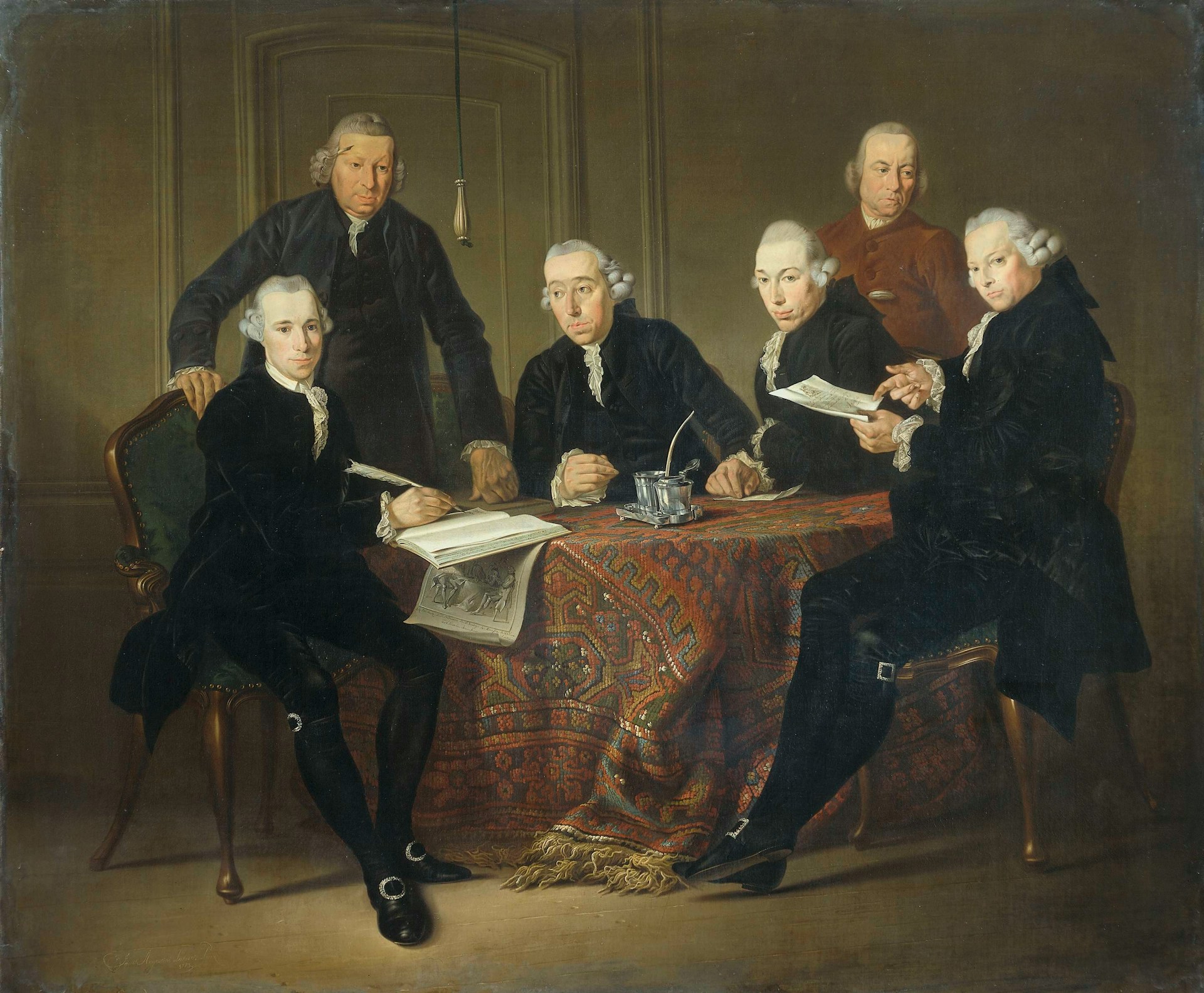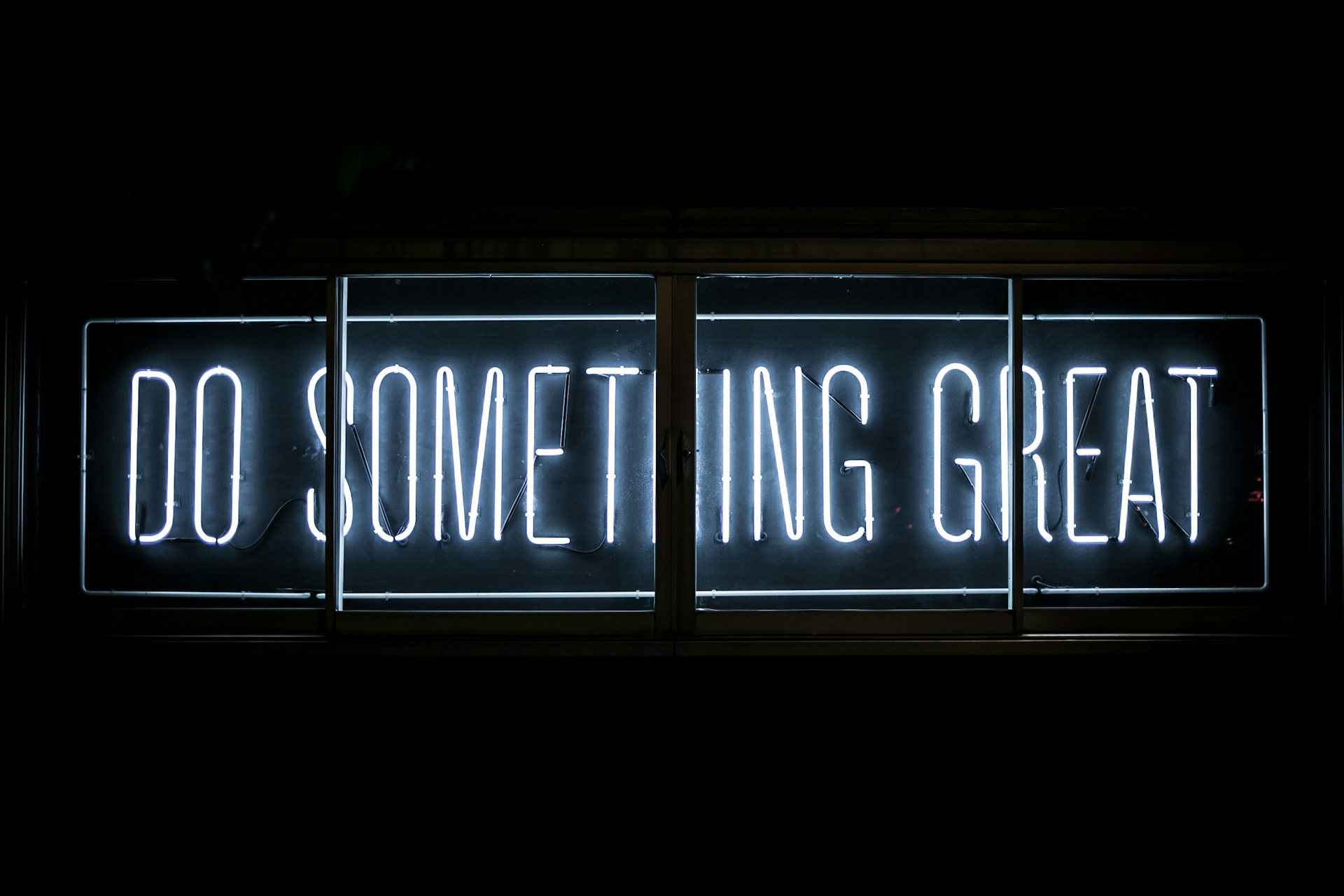Recently, I finished reading the book "Mastery" by Robert Greene. Greene is an intriguing author, somewhat controversial, with a mix of supporters and critics. In this book, he outlines the three phases someone should follow to attain mastery—the sense of having more control over reality, others, and ourselves.
According to his theory, there are three distinct phases or levels to achieve mastery:
1st: Apprenticeship
Stand on the outside of the field, absorbing as much as you can about the basic elements and rules. The principle is simple: the goal of an apprenticeship isn't money, a good position, or title, but rather the transformation of your mind and character. It's the first step on the journey to mastery.
2nd: Creative-active
Through extensive practice and immersion, we gain insight into the inner workings, how things connect, and thus understand the subject more comprehensively.
3rd: Mastery
This phase involves the ability to experiment and creatively play with the elements involved. Our knowledge, experience, and focus become so profound that we can see the entire picture with complete clarity.
Besides the mastery process, there's a dedicated chapter about mentorship, discussing its importance, finding the right mentor, and maximizing a mentorship.
Additionally, there's a chapter about social intelligence and the ability to read people, understand their worldview, and recognize their individuality. In my view, this is the most compelling chapter of the book, encompassing strategies like:
- Speak through your work,
- Craft the appropriate persona,
- See yourself as others see you,
- Suffer fools gladly.
The book is filled with fascinating stories from influential personalities like Charles Darwin, Benjamin Franklin, Wolfgang Amadeus Mozart, and Marcel Proust, illustrating how they achieved their mastery.
Some of book’s highlights:
- Natural talent or high IQ cannot explain future achievement
- Our levels of desire, patience, persistence and confidence end up playing much larger role in success than sheer reasoning powers.
- In moving towards mastery, you are bringing your mind closer to reality and to life itself.
- To follow precisely the lead of others or advice from a book is self-defeating.
- The future belongs to those who learn more skills and combine them in creative ways.
- To attain mastery, you must adopt what we shall call Resistance Practice: Go to the opposite direction of all of your natural tendencies when it comes to practice.
- Mentors do not give you a shortcut, but they streamline the process.
I found the book interesting for a couple of reasons:
Firstly, the process that is dealing with is an interesting open-ended framework that is close to reality. You can’t become a master without acquiring and mastering the right skills.
Moreover, I appreciated the analogies between the process and the stories of influential individuals. This connection can help readers understand how the framework aided them and how it might assist others.
Lastly, the section on social intelligence was intriguing, offering valuable insights and tips on dealing with people effectively.
I recommend this book to those beginning their professional journey, as well as experienced individuals who may be struggling to unlock their mastery phase.
PS: It comes in a concise edition too.
Relevant posts:





![[Guide] Product hiring framework](https://images.unsplash.com/photo-1635350736475-c8cef4b21906?ixlib=rb-4.0.3&q=90&fm=jpg&crop=entropy&cs=srgb&w=1920)

















